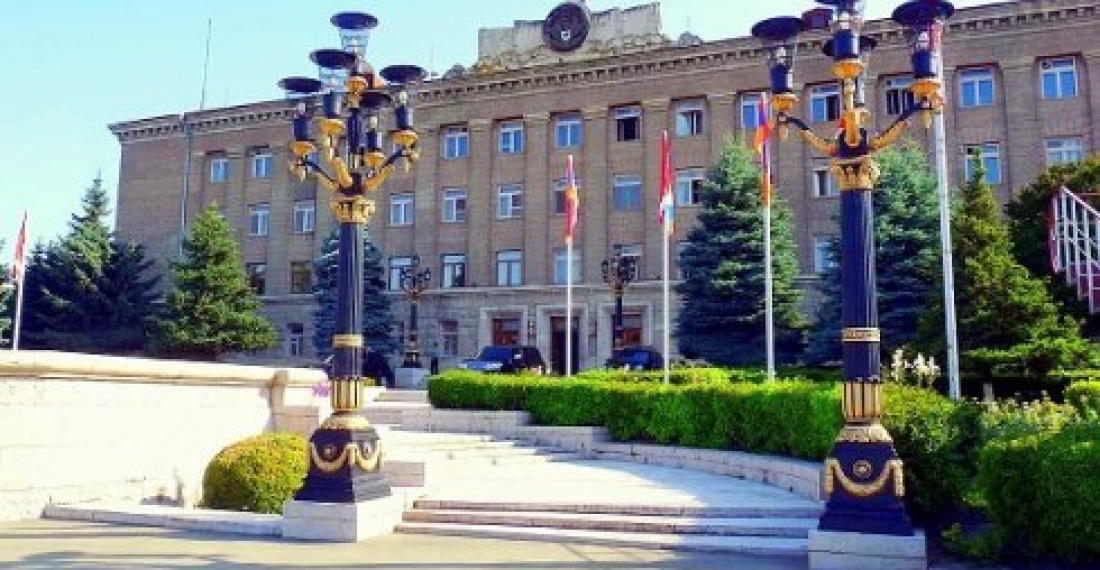Armenians in Nagorno-Karabakh are today holding a constitutional referendum. The referendum in the self-declared Nagorno-Karabakh Republic is to approve constitutional changes that aim to introduce a presidential system. Under the current Constitution, which was adopted in 2006, the unrecognised republic has a semi-presidential system.
102,757 voters are registered and can take part in the referendum. Voting takes place in 280 polling stations according to information released by the de facto authorities. It is also reported that 104 foreigners from 30 countries will observe the process.
The intenrational community has however dismissed the referendum as irrelevant. In a statement on Friday the co-Chairmen of the OSCE Minsk process said they "are aware that a so-called constitutional referendum is scheduled to take place in Nagorno-Karabakh on February 20, 2017. Although the Co-Chairs note that the de-facto Nagorno-Karabakh authorities view the use of such a procedure as an effort to organize the public life of their population, they underscore again that no countries, including Armenia and Azerbaijan, recognize Nagorno-Karabakh as an independent and sovereign state. Accordingly, the Co-Chairs do not accept the results of the referendum on February 20 as affecting the legal status of Nagorno-Karabakh. The Co-Chairs also stress that the results in no way prejudge the final status of Nagorno-Karabakh or the outcome of the ongoing negotiations to bring a lasting and peaceful settlement to the Nagorno-Karabakh conflict."
This view was echoed in statements issued by the European Union, the United States, Turkey, Iran, Russia and others.
source: commonspace.eu with agencies
photo: Government building in Stepanakert (archive picture).







